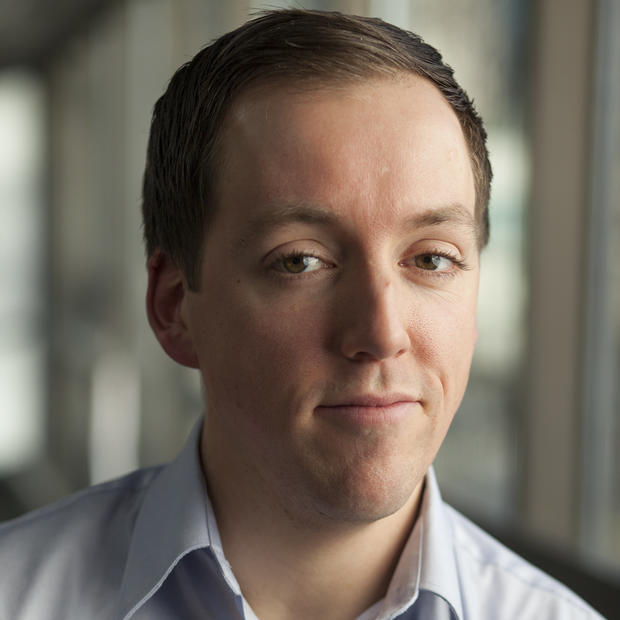A long-running effort to create a public funding option for city council races in Seattle took a step forward this week when council members unveiled a complete proposal for such a program Monday.
The central feature of the plan is a fund that would match and multiply small donations 6-to-1 with public money, up to $50 per donor. The program, which would be optional, would come with specific rules including a cap on how much one candidate could receive. Under state law the plan, which would be funded by a six-year property tax, would have to go directly to voters on a citywide ballot.
City Councilmember Nick Licata, who presented the plan at City Hall along with Councilmembers Jean Godden and Mike O'Brien, said the intent is to give candidates a reason to pay attention to smaller donors. Today, Licata said, only about 2 percent of Seattle voters donate to city council campaigns, with many of those giving the $700 limit on individual donations or close to it.
"The people who do donate $700, they have what I call a constellation of interests," Licata said.
O'Brien said, "When you get more people in the race, the issues that are in the race change." Saying he hoped the measure would encourage more candidates to contact average voters directly, rather than catering to high-dollar donors, he added: "That fundraising looks very different than hanging out on the top floor of a downtown skyscraper."
By setting a relatively low bar to qualify for the funding — candidates would only have to collect 600 $10 donations to be eligible —the program might also encourage more people to join city races, Licata said.
Monday's presentation came as the latest development in what has been a years-long process. The plan was first introduced in 2008, in a working paper circulated by Licata and Councilmember (now Council President) Sally Clarke, who asked the city Ethics and Elections Commission for recommendations about how to put together a public campaign financing system in the city. The plan was tabled when the 2008 recession hit, however,.
Under the program, a 6-to-1 match of a $50 donation would yield $350 for a candidate — half the current individual maximum donation. Voters could donate more, up to the $700 limit, but the program would only match the first $50. For each candidate, the city would only match the first total $35,000 in private money. Matched at 6-to-1, the city would contribute $210,000 in public money for that amount.
According to figures distributed by the council Monday, the average spending in the last four elections by successful city council candidates has been about $243,000. The program's match would mean that the most any one candidate could receive would be $245,000 — the total of the city's $210,000 matching max, plus the actual $35,000 in donations.
Money to fund the plan, which would cost about $1.5 million per year, would come from a six-year property tax levy, costing an average Seattle homeowner just under $6 per year.
Challenged as to whether the move makes sense when the city is facing budget problems including a $2 billion transportation maintenance backlog and the potential for megaproject overruns, O'Brien said broader citizen engagement — a goal of the public campaign funding plan — is critical to resolving the financial challenges.
Paul Guppy, vice president of research at the Washington Policy Center, a non-partisan but conservative-leaning think tank in the state, said he thought the plan was a bad idea.
"Rather than going back and questioning whether the rules they put in place are working or not," Guppy said, "they just want to layer another set of rules on top of what we already have."
Electing council members by district would be a better way of ensuring they paid attention to the needs of regular people, Guppy said, because it would make them accountable to a smaller group, and for representing a specific area. A petition drive is trying to bring a public vote on electing most council positions by districts rather than through at-large voting throughout the city.
The last chance for public comment on the campaign funding plan before the council votes on adopting it will be June 24. If the council approves the proposal, the issue would be on the November general election ballot.


